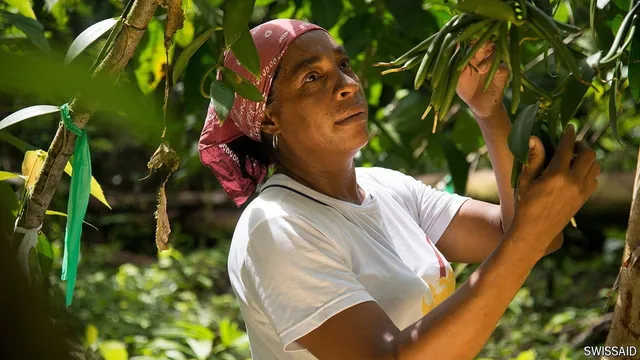
Maduro Claims Election Win in Venezuela
2024-07-29 00:00- Opposition rejects electoral authority's claim that Maduro won the election.
- María Corina Machado plans actions to defend the truth about the election results.
- Few believe Maduro's claim of winning the election.
Express your sentiment!
Insights
In the early hours of Monday, Venezuela's National Electoral Council (CNE), aligned with the ruling Chavista movement, announced President Nicolás Maduro as the victor of the recent presidential election, claiming he secured 51.2% of the vote against 44.2% for his main opponent, Edmundo González Urrutia. The election was marred by controversy, particularly as the opposition candidate, María Corina Machado, was barred from running and had to endorse González, a retired diplomat who struggled with the role. The opposition expressed concerns about the fairness of the electoral process from the outset. The election was reportedly the result of a secret agreement between the United States and the Chavista government, aimed at restoring Venezuela's democratic standing. However, the announcement of Maduro's victory was met with skepticism, as pro-government media began circulating polls that exaggerated his lead. Critics pointed out that many of these polling firms were newly established and lacked credibility, raising questions about the integrity of the electoral process. Despite the CNE's claims, Machado's team asserted that they had evidence showing González won 70% of the votes, a stark contrast to the official results. This declaration was met with disbelief, as the opposition maintained that they had triumphed across all Venezuelan states. The political climate remains tense, with hardline Chavistas like Diosdado Cabello and Jorge Rodríguez showing no signs of conceding power. As Maduro celebrated his supposed victory with fireworks and public displays of support, the reality of Venezuela's ongoing hardships and political chaos loomed large, casting doubt on the legitimacy of the election and the future of the country's governance.
Contexts
On August 11, 2024, China's unwavering support for President Nicolás Maduro of Venezuela, despite concerns over election fraud and financial investments, raised eyebrows globally. The same day, Venezuelan Opposition Leader, María Corina Machado, stressed the need for a negotiated transition in the country, offering the opposition's records for scrutiny. The following day, 'the mother of all stolen elections' in Venezuela sparked controversy, with fraud allegations casting doubt on the election results. On August 12, 2024, the US State Department denied reports of offering an amnesty deal to President Maduro in exchange for ceding power, adding strain to the already tense US-Venezuela relations. Meanwhile, Venezuela intensified its crackdown on dissidents, forcing them to make apology videos to deter protests. Amidst speculations, on August 13, 2024, former President Trump's provocative remarks about fleeing to Venezuela if he loses the election stirred controversy. The same day, UN experts criticized Venezuela's lack of transparency in the presidential election and condemned the 'fierce repression' against protesters. Spain took the initiative to address the Venezuelan crisis at the EU Foreign Affairs Council meeting scheduled for August 29 and 30. On August 14, 2024, amid election discontent, Venezuela's Armed Forces publicly declared support for President Maduro, despite internal discord over the election results. The next day, Brazil's President Lula expressed doubts about the validity of Maduro's election win, recommending a new election if Maduro exercises good judgment. The recent election crisis in Venezuela, marred by claims of fraud and contested victory, has led to fears of mass migration and unrest in the region.